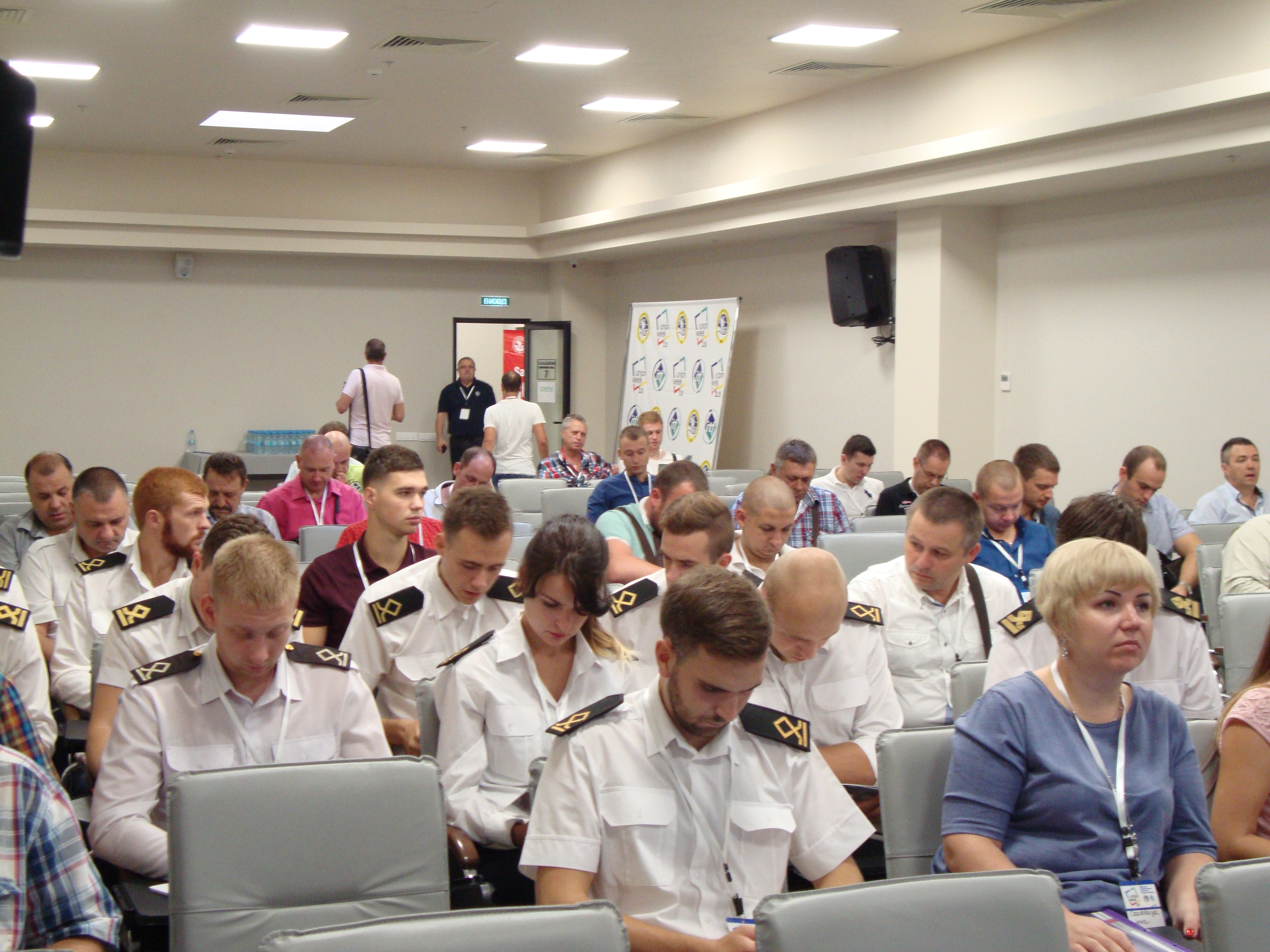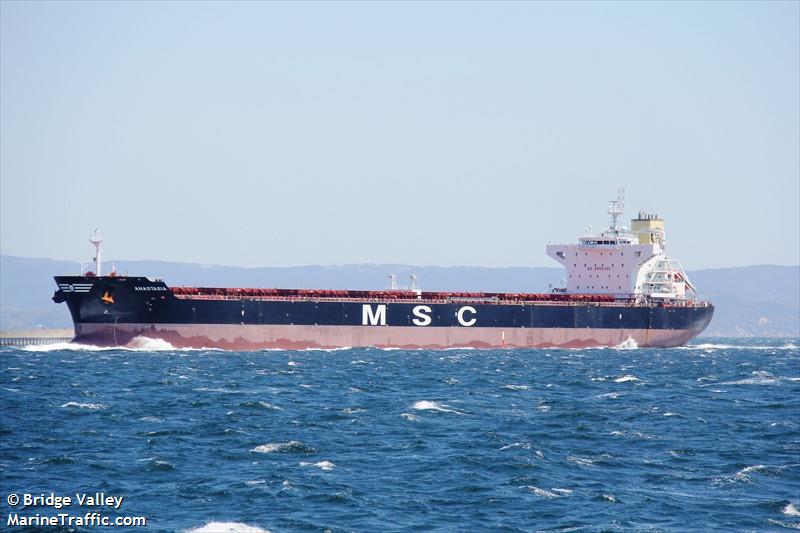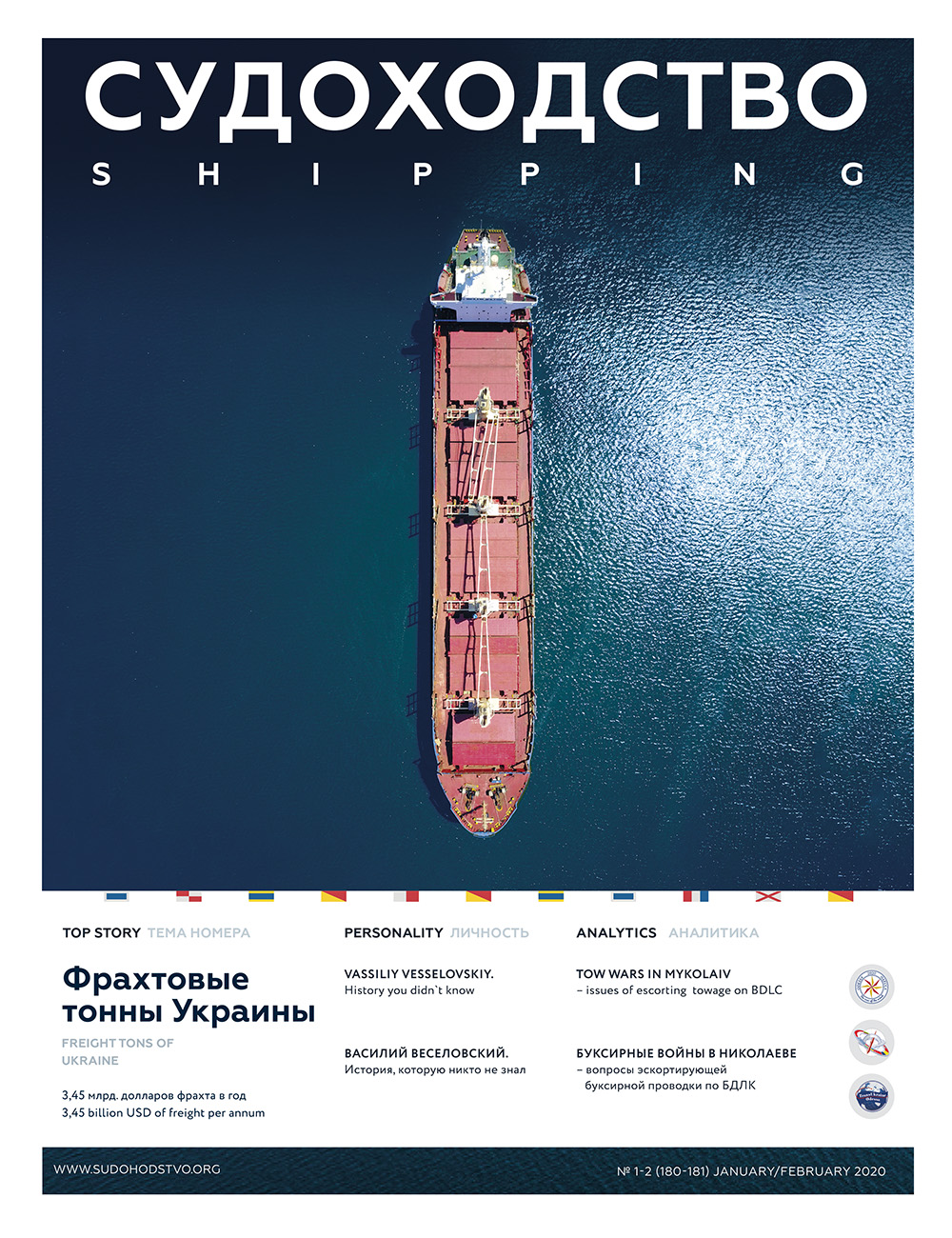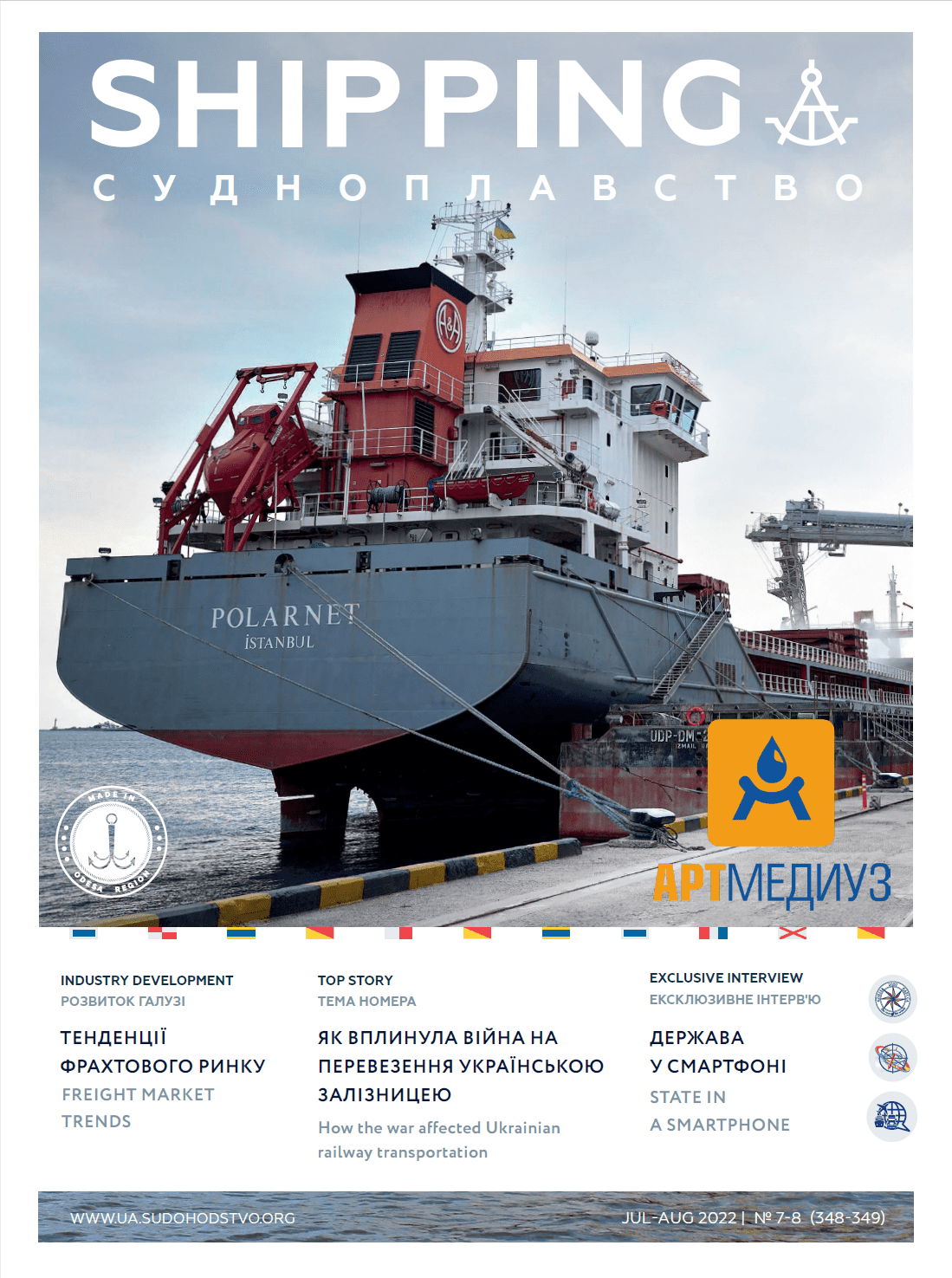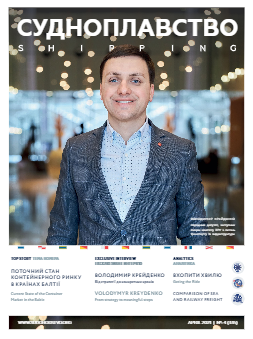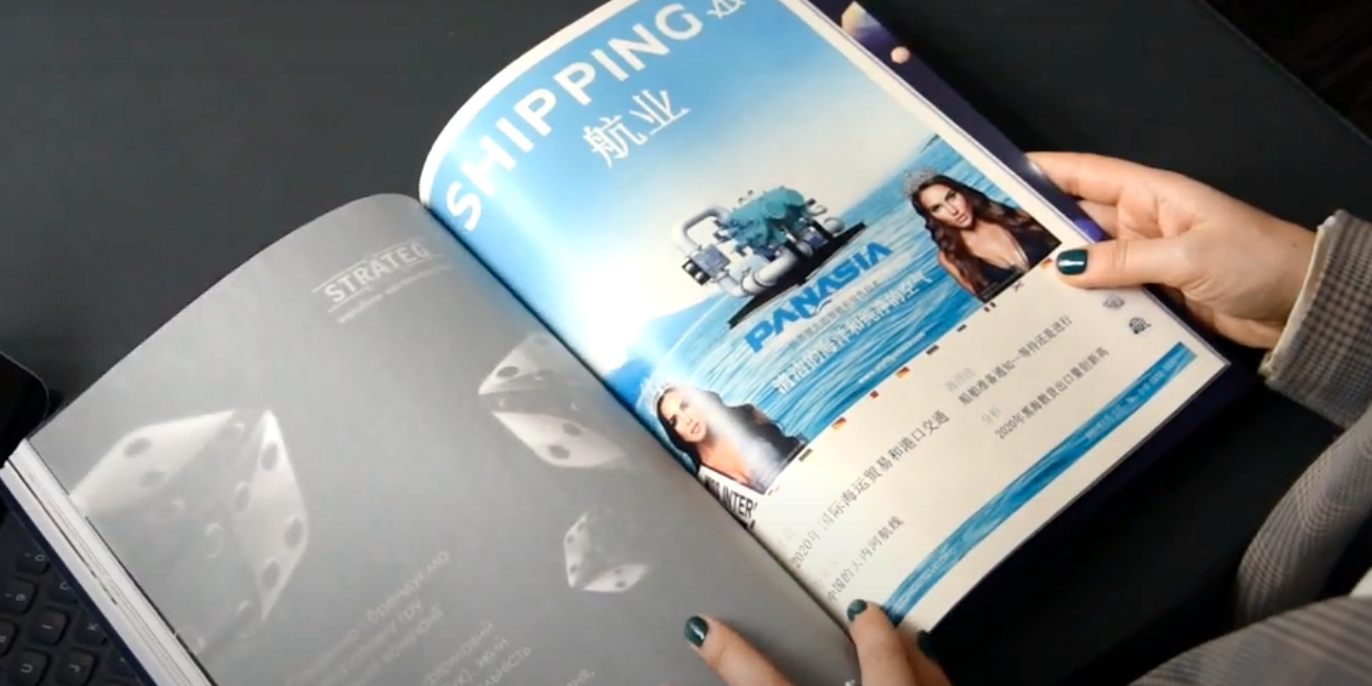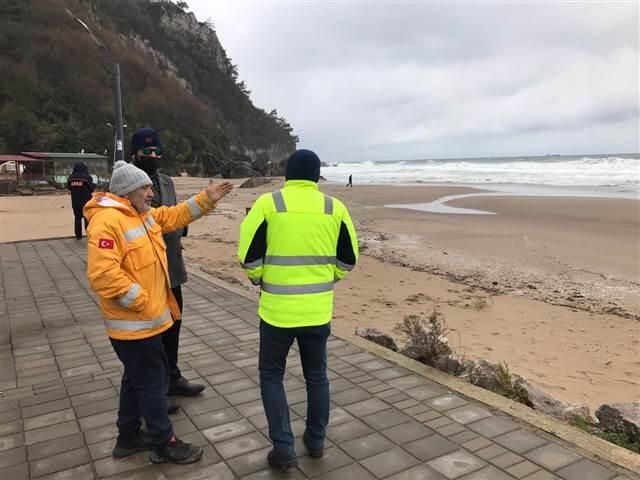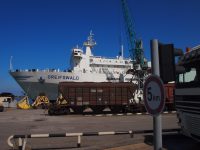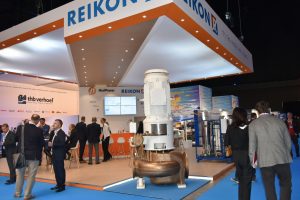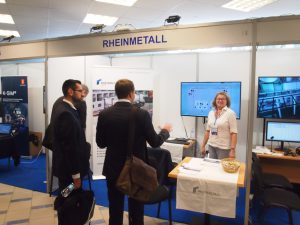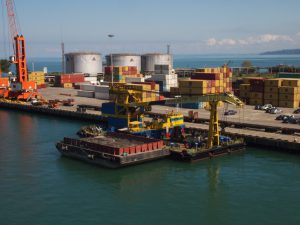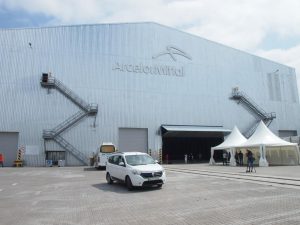Maritime Strategies International (MSI) believes there will be a technology-led two-tier market for dry bulk timecharter rates, similar to that seen in the LNG sector. However, the positive effect is expected to decrease as more ships install the technology.
MSI believes there will be in the long term – vessels with scrubbers installed will attract a charter premium.
“As more and more ships fit scrubbers, and over time as the finance is collectively repaid, vessels without scrubbers will face steep discounts and will become increasingly uncompetitive.”
The consultancy calculates that in 2020, the value of the time charter premium for a Capesize benchmark vessel fitted with a scrubber will be USD 12,100/day, for a Panamax USD 6,800/day, Ultramax USD 6,300/day and Handysize USD 5,100/day. Considering the daily-equivalent cost of a financing, fitting and operating scrubber is a fraction of this, the financial incentive to fit a scrubber remains strong, MSI added.
There is likely to be upward pressure on both the price of scrubbers and the time it takes to install them, despite lower costs to produce scrubbers as the industry matures. This could potentially leverage the value of a vessel already fitted with a scrubber on January 1, 2020. MSI predicts.
In MSI’s view, the price differential between low sulphur fuel oil and heavy fuel oil bunkers will remain for several years beyond 2020, sitting at the top end of the historical premium range between HFO and MGO.
Currently there are 1,850 ships with installed or confirmed scrubber systems installations, and DNV GL estimates that 2,500 of ships would be fitted with scrubber systems by 2020.

